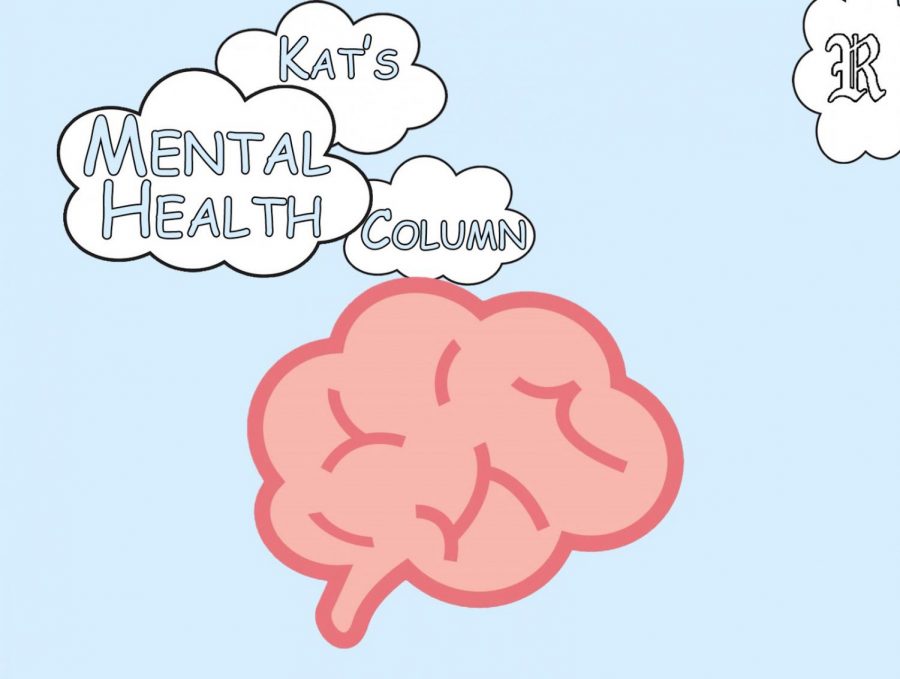Combating Dangerous Narratives During Autism Acceptance Month
April is Autism Acceptance Month. Though it is typically referred to as “Autism Awareness Month,” there has been a recent movement for widespread adoption of a new name. The phrase “awareness” is problematic. The harsh reality of the situation is that this label feeds into ableism against autistic people and opens the door for Autism Speaks to take further advantage of the autistic community and those who genuinely support it.
Before we get into why Autism Speaks is so detrimental and what we can do to support the autistic community, we should touch on a very brief overview of Autism Spectrum Disorder and some basic facts that everyone should be cognizant of. Autism is a developmental disability that impacts an individual’s social skills, communication, relationships and self-regulation. In the U.S., about one in 54 individuals are born with autism, and it is the fastest-growing developmental disability, meaning that it is becoming more common.
Though the controversy has been heavily reported, the shorthand recap is that Autism Speaks is a corporation that has actually done immense harm to autistic people under the guise of advocacy and support. It focuses on finding a “cure” and spends far too much money on marketing instead of helping autistic individuals. Their slogan, “light it up blue,” reflects their fake support. Not only is blue typically considered a symbol of despair, but it also perpetuates the false stereotype that boys are more likely to have autism.
The first and simplest thing you can do to help combat these false representations is to refer to April as “Autism Acceptance Month” or “Autism Action Month” instead. Sure, this may seem like a minute difference, but that’s all the more reason to do it. The rationale behind this shift is to foster change and inclusivity. While there will always be a need for awareness, there is an even higher need for acceptance. For practically no effort on your part, you can help begin dismantling some of these barriers.
Another thing you can do to help combat the detrimental effects of Autism Speaks is refuse to “light it up blue” and refrain from using the puzzle-piece symbols, as these often evoke negative associations. Instead, use the rainbow infinity symbol and go #RedInstead. As mentioned above, the color blue presents several invalidating implications for the autistic community. The #RedInstead movement seeks to use a more positive association with passion and heart to support autistic individuals. This campaign promotes acceptance, which is what autistic people want and need.
Independent of Autism Speaks, an important clarification is needed with terminology and phrasing. The majority of autistic people prefer to be referred to as autistic, not as people with autism. Again, this is another seemingly small difference that is much more important than it appears to someone on the outside. Remember to always keep personal preferences in mind, and when in doubt, default to identity-first language (aka “autistic”) or simply ask. It’s always better to ensure that you are being sensitive to someone’s personal needs and preferences than to be offensive due to a lack of effort.
Perhaps most importantly, as you seek out more information about autism, make sure you’re going to the right sources. Don’t fall into the trap of organizations such as Autism Speaks. Instead, get your information from reliable and representative sources. If you have a specific question, consult an ethical organization or ask an autistic person themselves. Some good places to start are the Autistic Self Advocacy Network, Organization for Autism Research or Learn From Autistics. You can also read this piece from a mother of three autistic girls who illustrates their experiences, or follow @autisticats on Twitter, a page run by three autistic young adults that shares important information in quick and easy to read posts.








































































































































































































